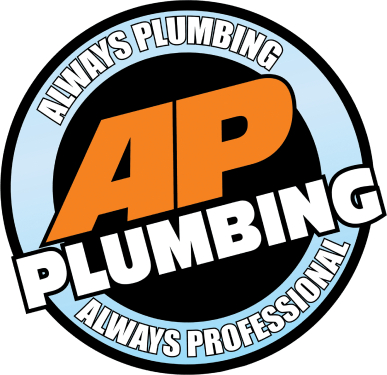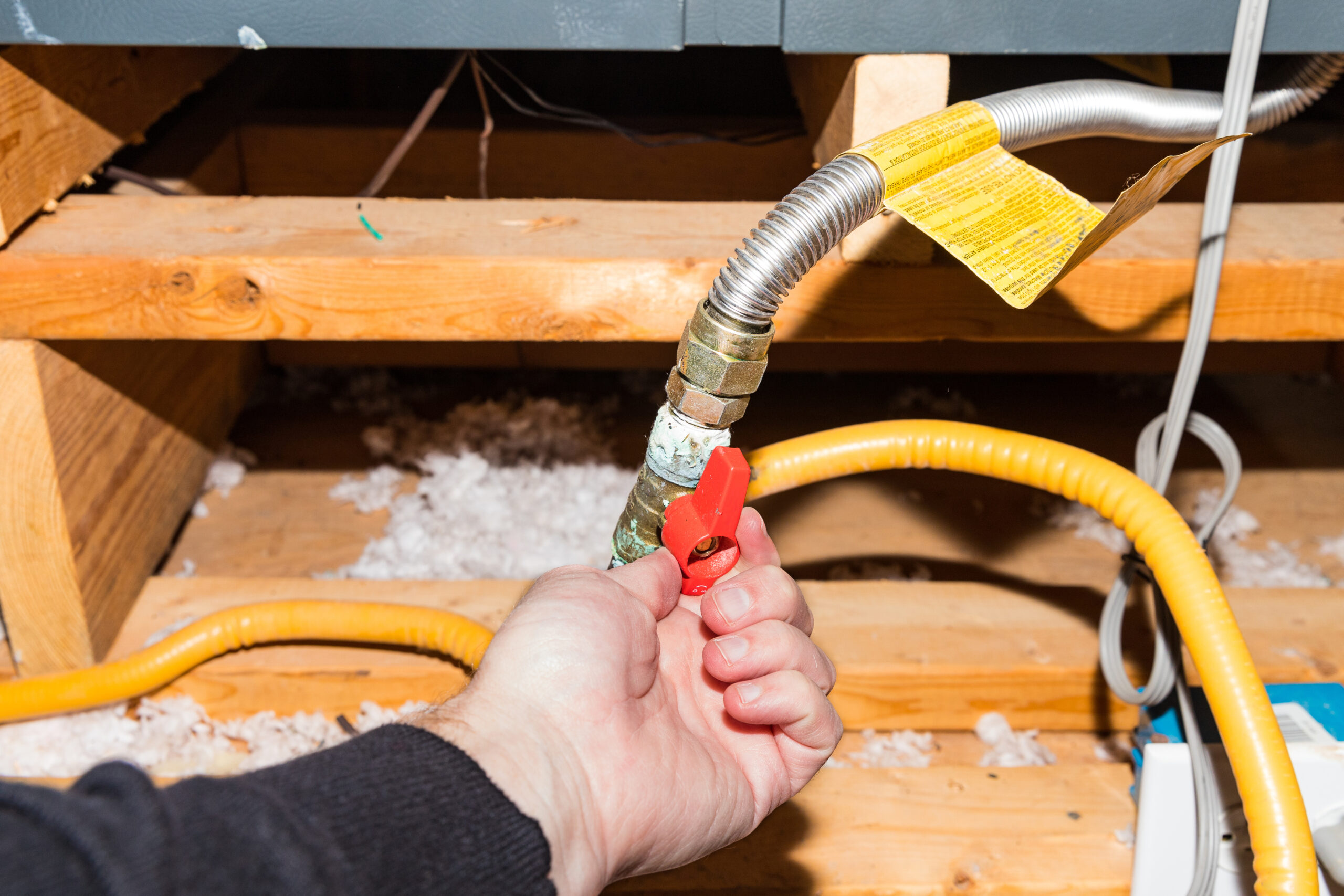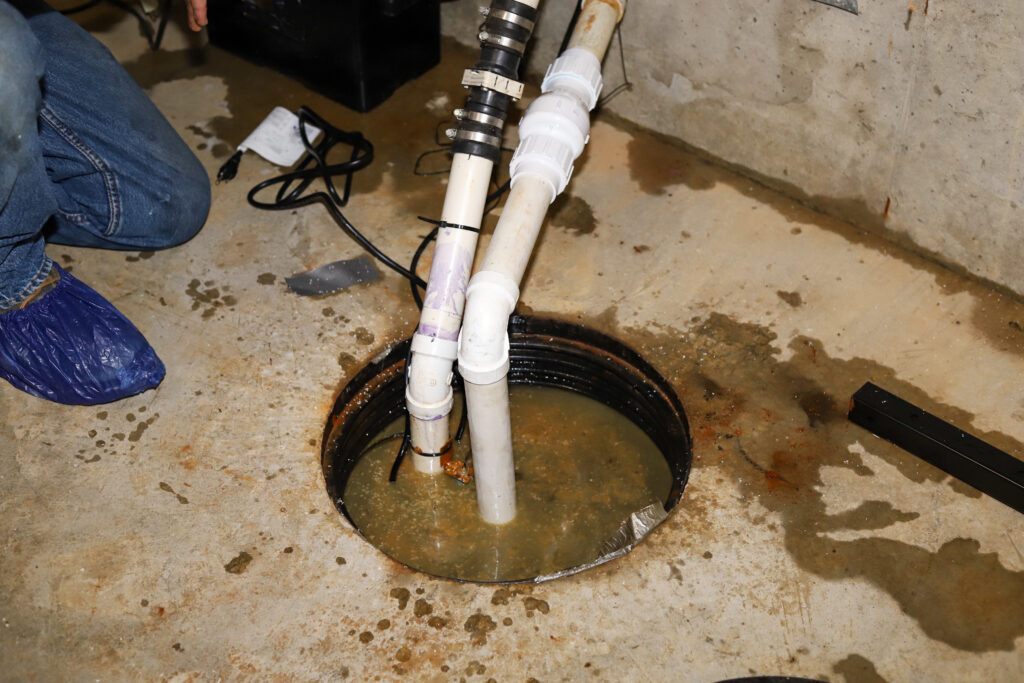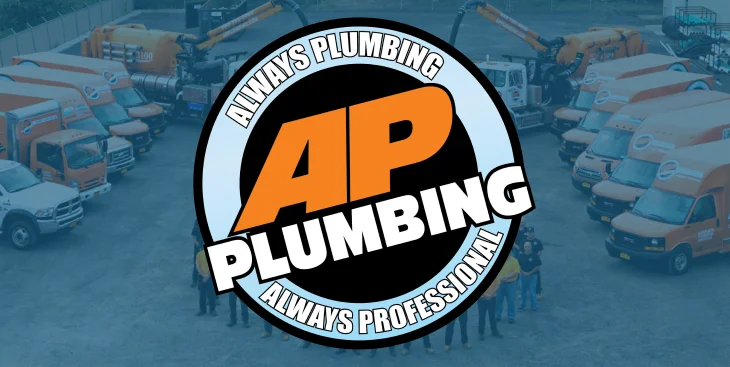Know the Signs of a Gas Leak Before It Becomes Dangerous
The possibility of a gas leak is a common fear for homeowners who use natural gas for heating, cooking, or hot water. While natural gas is a safe and efficient energy source when used properly, even a small leak can be a serious health and safety hazard. If your home has natural gas lines, it’s important to know what to look for and how to respond. This guide will walk you through how to recognize a gas leak smell, how to check safely, and when to call a professional.
Common Signs of a Gas Leak
A natural gas leak can put your home and health at risk, but if you know what to watch for, you can act fast and avoid danger. Here are the most common gas leak signs to look for around your home:
- A sulfur or rotten egg smell: Utility companies add this odor to help homeowners detect leaks quickly.
- Hissing or whistling near gas appliances or lines: These sounds could indicate gas escaping under pressure.
- Dead or discolored vegetation near gas lines: If outdoor plants suddenly wither for no reason, a buried leak could be to blame.
- A spike in your gas bill: A hidden leak can cause your usage to rise without explanation.
- Physical symptoms indoors: Dizziness, nausea, headaches, or fatigue can result from prolonged exposure to leaking gas.
What To Do If You Suspect a Leak
If you suspect a gas leak in your home, your biggest priority should be to protect yourself and those in your household.
- Do not light matches, smoke, flip light switches, or use any electronics, as even a tiny spark can cause ignition.
- Leave the home immediately and call your gas utility company or 911 from a safe location.
- Do not re-enter the property until emergency responders or utility personnel have confirmed that it is safe to do so.
- Once the danger has passed, contact a licensed HVAC or plumbing professional to inspect your gas lines and appliances.
A thorough inspection will identify the source of the leak and ensure repairs are completed safely and correctly.
How To Check for a Leak (After It’s Safe)
If you want to confirm where the leak occurred after the area has been cleared, there’s a safe and simple method to check. Mix a solution of dish soap and water, and apply it to gas line connections or suspected trouble spots using a sponge or spray bottle. If you see bubbles forming, that may indicate a slow leak.
It’s important to remember that this is just a diagnostic tool. Never attempt to fix a gas leak yourself. Tightening fittings or applying sealants without proper training can make the problem worse and increase the danger. Always leave repairs to a certified HVAC or plumbing technician.
Stay Safe With Regular Gas Line Inspections
The best way to prevent gas leaks is through regular maintenance and inspection of your home’s gas lines and appliances. Over time, connections can loosen, corrosion can form, and parts can wear out, all of which can lead to leaks. A licensed professional can spot these problems early before they escalate into a safety issue.
Your technician will check these components during a gas line inspection:
- Furnaces and heating appliances: They’ll make sure all gas-powered appliances are venting and operating safely.
- Gas water heaters: They’ll look for rust, corrosion, or loose connections that may signal early failure.
- Gas stoves and ovens: They’ll check that burners light quickly and fully, with no unusual odors or yellow flames.
- Outdoor gas lines: They’ll inspect exposed lines for corrosion, cracks, or interference from landscaping.
- Gas meters and pressure regulators: They’ll confirm that they are functioning properly and not allowing excess pressure into the system.
Call AP Plumbing for Trusted Gas Line Repair & Inspections in Syracuse
Natural gas can power your home safely and efficiently, but only if it’s properly maintained. Knowing what a gas leak smells like and how to react could protect your property and your health. If you notice warning signs or want peace of mind heading into the colder months, AP Plumbing is here to help. Our licensed professionals provide HVAC gas line repair, leak detection, and annual inspection services to keep your home protected.
Contact AP Plumbing today for reliable gas line inspection, repair, or emergency service.






